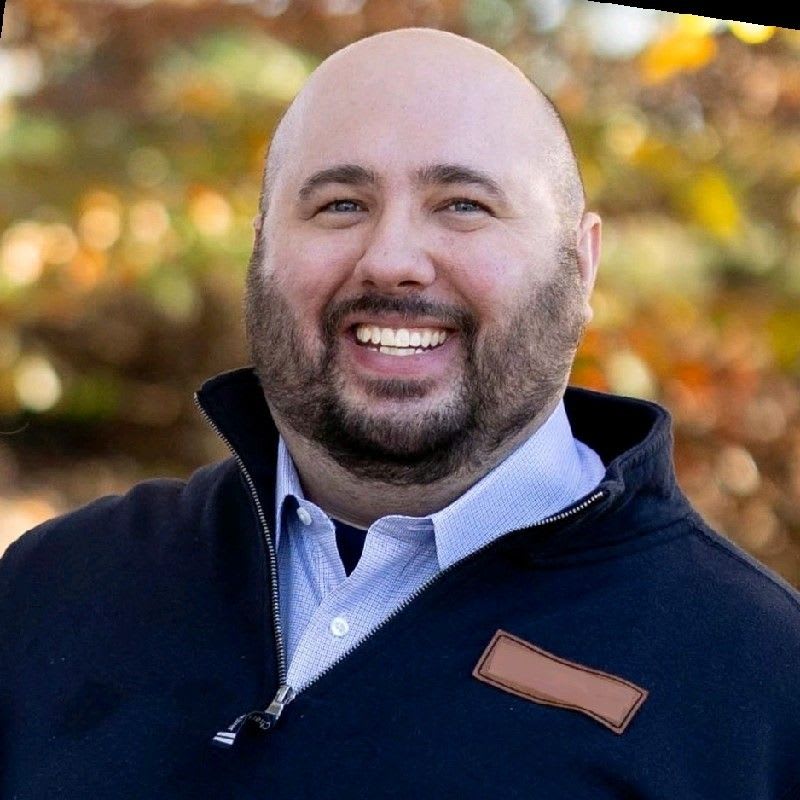What If Our Collective Goal Became Finding God?
There’s something quietly universal, deeply embedded in our nature, that nudges us to look beyond ourselves. Call it curiosity, call it longing, call it the divine spark - but humanity has always been in pursuit of something greater. We build telescopes to peer into the endless void, we write poetry to touch what can't be spoken, and we kneel in silent rooms hoping to feel a presence. Whether whispered in temples, shouted in deserts, or pondered in the privacy of a sleepless night, the question echoes: Is there a God?
This isn’t a new question. It’s the oldest one. The first humans looked up at the stars and felt something stir - a hunch that the universe was more than matter and motion. Across time and cultures, people have sought answers in ritual, in reason, in silence. Though religions paint wildly different portraits of the divine, the instinct behind them is the same: a yearning to understand where we came from, why we're here, and who - or what - might be waiting on the other side of the veil.
But what if we treated that search as more than a private curiosity or theological debate? What if, for once, all of humanity agreed on a single collective endeavor - not a war, not a market, not a machine, but a journey? What if our global goal became finding God?
Imagine a civilization united not by fear or necessity, but by wonder. Scientists, mystics, artists, philosophers - all collaborating with a shared purpose: to peel back the layers of reality and glimpse whatever lies beneath. Not to argue or impose, not to prove or disprove, but to genuinely seek. Together.
This search wouldn’t be confined to laboratories or monasteries. It would be both external and internal, expansive and intimate. Externally, we might explore the farthest edges of space and the smallest building blocks of existence - probing dark matter, deciphering the mysteries of consciousness, uncovering strange symmetries in quantum fields that hint at some deeper order. We might ask: Is there a pattern so vast, so elegant, that it speaks of intention?
Internally, the journey might take us into ourselves - through meditation, dream states, deep introspection, and the refined practices of inner stillness. We might rediscover ancient wisdom about the self as a mirror of the cosmos. In those quiet places beyond words, some have claimed to touch something ineffable - a presence, a unity, a love that defies logic but feels more real than anything else.
Both paths - the outward and the inward - are not opposites but reflections. Perhaps finding God is less about where we look and more about how. A telescope and a mantra may be equally sacred if used with the same sincerity.
And maybe, through this shared pursuit, we’d begin to change - not just what we know, but who we are. A world focused on finding God might become more compassionate, more curious, more awake. We might start seeing each other not as strangers or threats, but as fellow travelers in the great unknown. The divisions between science and spirit, logic and love, inquiry and faith - they might begin to blur, not in confusion, but in harmony.
Of course, we might not find anything at all - at least, not in the way we expect. Maybe the divine is beyond our reach, or even our comprehension. But even then, wouldn't the search itself transform us?
Because in the end, The Eternal Search isn’t just about God. It’s about what it means to be human. About what kind of species we choose to become when we orient ourselves toward something greater than survival, greater than ego, greater than control.
Whether we find answers or only better questions, the journey - the deep, united, reverent journey - might be the most divine thing of all.

